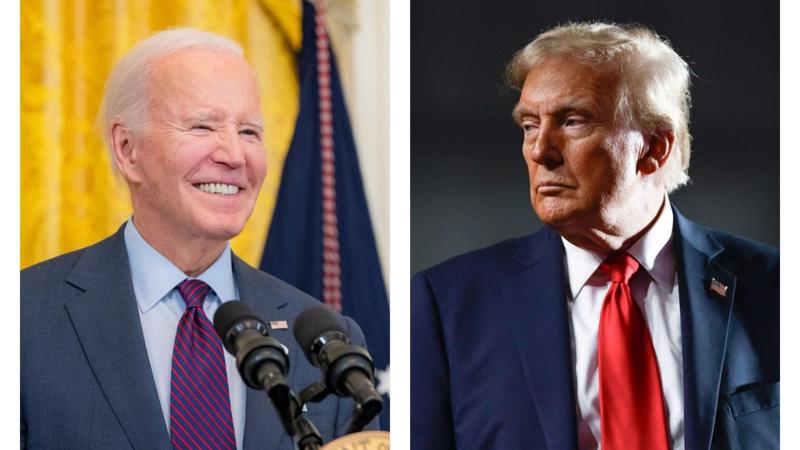With days left in office, President Joe Biden and his administration continues to implement foreign policy that is expected to be reversed by President-elect Donald Trump.
The latest was Biden announcing on Tuesday that he rescinded Cuba’s designation as a State Sponsor of Terrorism (SST). The one-sentence announcement gives no explanation.
Cuba was first designated as an SST in 1982. President Barack Obama rescinded the designation in 2015, which Trump reinstated in 2021.
SSTs “have repeatedly provided support for acts of international terrorism,” the State Department explains. The designation stems from the fiscal 2019 National Defense Authorization Act, Arms Export Control Act, and 1961 Foreign Assistance Act. SST designation results in sanctions, U.S. foreign assistance and export restrictions, defense export and sale bans, and penalizing those who do business with SSTs.
Multiple countries have been designated as SSTs over the years. Those currently on the list include North Korea, Iran and Syria.
Biden on Tuesday also issued a National Security Memorandum revoking a Trump-era 2017 national security designation restricting the U.S. from doing business with the Cuban government and Cuban entities.
“The United States maintains as the core objective of our policy the need for more freedom and democracy, improved respect for human rights, and increased free enterprise in Cuba,” the memo states. “Achieving these goals will require practical engagement with Cuba and the Cuban people beyond what is outlined in NSPM-5, and that takes into account recent developments in Cuba and the changing regional and global context.”
The memo directs the Secretary of State to immediately rescind the “Cuba Restricted List,” which was developed after a 2017 National Security Presidential Memorandum was issued. The memo also directs the Treasury Secretary to adjust current regulations.
While the State Department’s 2024 list of Cuban Restricted Entities was taken down from the website, a 2021 restricted list wasn’t. It states that the entities are “under the control of, or acting for or on behalf of, the Cuban military, intelligence, or security services or personnel with which direct financial transactions would disproportionately benefit such services or personnel at the expense of the Cuban people or private enterprise in Cuba.”
They include two Cuban government ministries, five Cuban holding companies, more than 100 hotels, several tourist agencies, marinas, stores and dozens of entities directly serving the Cuban defense and security sectors, among others.
The Cuban Sanctions program remains in effect, according to the U.S. Treasury Department’s Office of Foreign Assets Control because of laws passed by Congress. According to the U.S. Commerce Department, the US “maintains a comprehensive embargo on trade with Cuba” and exports to Cuba remain subject to Export Administration Regulations. The U.S. Cuba embargo has existed since 1960; Congress imposed additional sanctions in 1992.
Biden made the move after Department of Homeland Security Secretary Alejandro Mayorkas issued sweeping immigration orders last week, including expanding protective status to foreign nationals in the country illegally.
This is after more than 786,000 Cuban illegal border crossers were released into the U.S. through a Mayorkas parole program after he expanded refugee protection to an unlimited number Cubans “or habitual residents” of Cuba, which was unprecedented.
Cuban-American members of Congress lambasted the decision.
“Obama-Biden officials are continuing their legacy of closing out administrations with rank appeasement of the Cuban regime,” US Sen. Ted Cruz, R-Texas, said. “They push these policies both because they believe in them and to undermine the incoming Trump administration and Republican Congress. These moves do incredible damage to American national security and send a message to our adversaries that they can rely on outgoing Democrat administrations – and wait out pressure from Republican administrations – to continue engaging in terrorism and other aggression against Americans.”
U.S. Rep. Carlos Gimenez, R-FL, said the SST decision “was misguided,” “has been met with universal condemnation” and the Castro regime “must be destroyed – not empowered.”
They also said they will work with Trump to reverse the decision and safeguard the US from threats posed by the Cuban regime.







